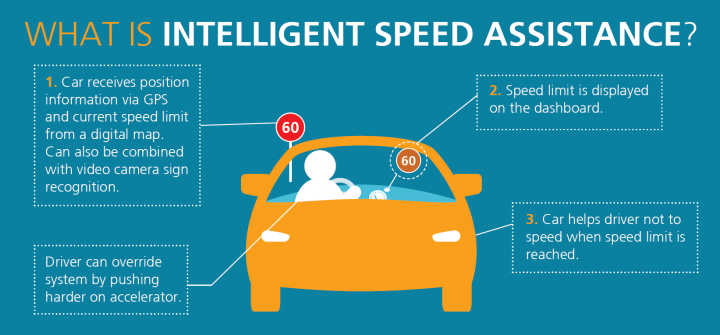Who is the Boss?
From 2022, new cars in the European Union are to be equipped with a number of electronic control systems. In the future, drivers will no longer be able to decide for themselves how to drive, as the European Parliament plans to install up to 30 control systems in new cars.
Optimists see this as a first step towards autonomous driving, while skeptics see it as a mere curtailment of the driver’s independence. The truth can be found somewhere in the middle. Of course, the driver can no longer decide on his own, but if you believe the EU figures, it is for the general good. And although many more steps towards comprehensive autonomous driving must follow, the EU is showing that it is not fundamentally opposed to technical innovations and their direct influence on road traffic.
The annoying co-driver becomes standard
What innovations are we talking about? To put it jokingly, every new car from 2022 onwards will be equipped with an annoying but very helpful co-driver. For example, “Don’t you want to take a break?” and “Look at the road!” will be taken over by warning systems. “Can you really still drive?” is asked by an alcohol control system, which can block the start of the car in the case of the cases. The ISA will certainly have the biggest influence, because it says: “Don’t drive so fast!”.
What is the “Intelligent Speed Assistance” (ISA)?
Traffic sign recognition as well as cruise control and speed limiters are already known from many models. ISA will connect the systems to help the driver meet the speed limit. It will detect the current speed limit either via video camera or GPS.
If the preset speed is exceeded, the system first notifies the driver and at the same time throttles the engine power. This would prevent the driver from exceeding the permitted speed. In order to allow short-term acceleration, for example to avoid obstacles or dangerous situations, the assistant should be overruled by the driver at the beginning. To do this, the driver has the option of briefly stepping on the accelerator pedal more firmly. If, however, the driver tries to bypass the assistant by accelerating too long, a hazard light flashes and the ISA slowes the car again.
Repair costs will rise
I like the innovations that the European Union is introducing, especially if the forecasts are correct and the number of victims can really be reduced in this way. But the technical upgrading of vehicles also has a downer: rising costs.
Electronics come at a price – not just when you buy the car itself, but often when the car needs to be repaired. According to a study by the American Automobile Association, repairing a car with state-of-the-art safety technology costs twice as much because the sensors and their calibration can make repairs noticeably more expensive even after minor accidents.
After all, there is a loss of freedom of choice and higher costs, while security is increased. From a social point of view, this is a simple profit calculation. But does the individual consumer see this in a similar way?
